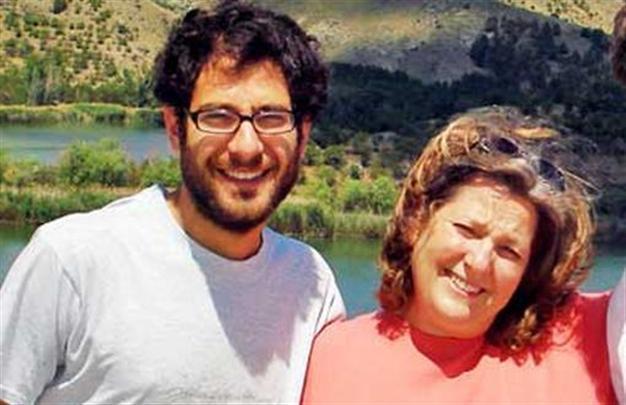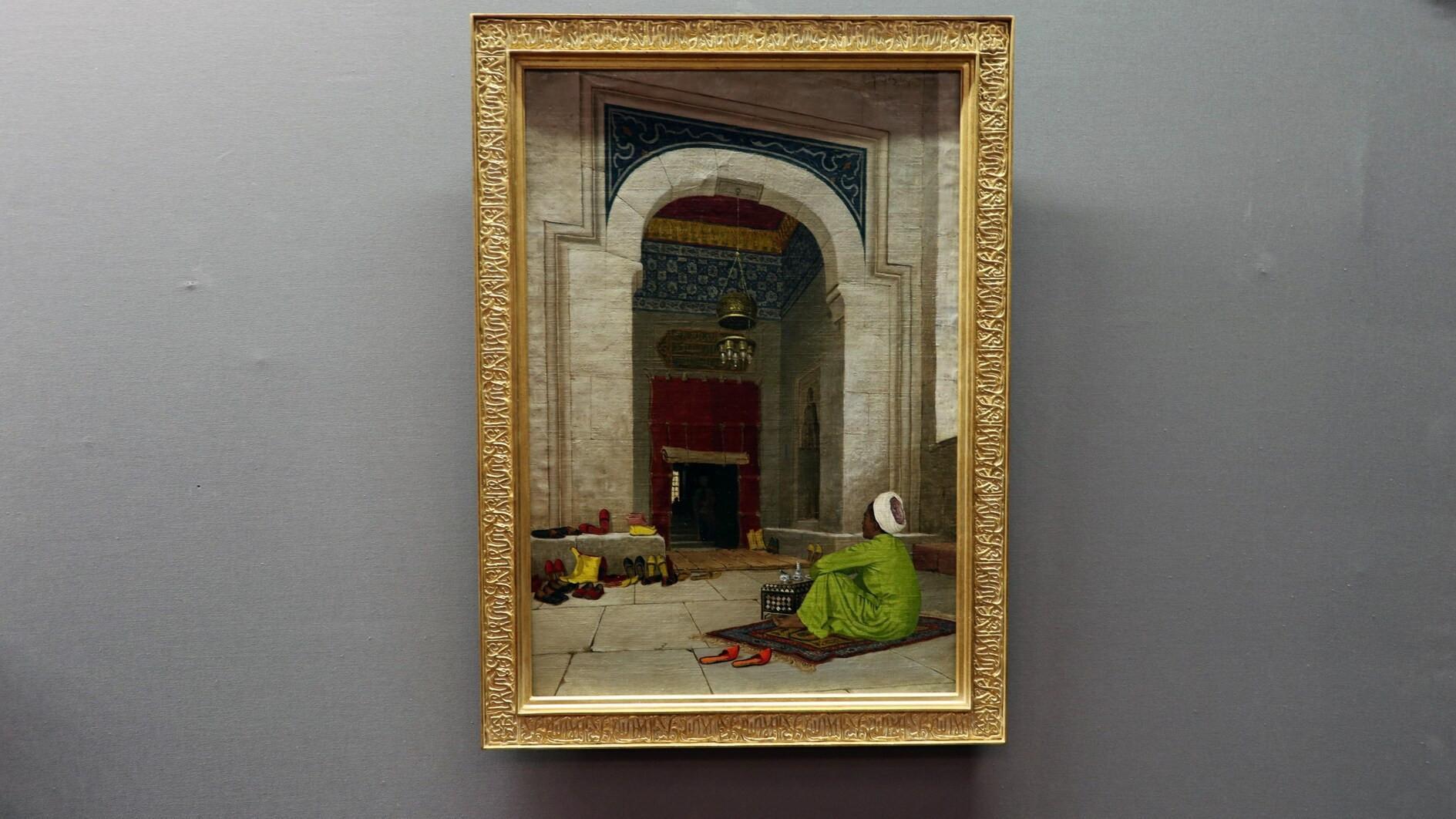Turkey’s Justice Ministry defends police over tortured man’s suicide
İsmail Saymaz ISTANBUL

Onur Yaser Can with his mother, Hatice, who committed suicide three years after her son after a long period of grief.
The Justice Ministry has issued a defense denying any ill-treatment in the case of a young Istanbul architect who committed suicide in 2010 after allegedly being subjected to police torture.The case is currently being reviewed by the European Court of Human Rights (ECHR) after appeals filed by the family of the victim to the initial sentences for “being insufficient” were rejected at higher Turkish courts.
Onur Yaser Can, 28, was detained in Beyoğlu on June 2, 2010 after police caught him in possession of drugs. He was subjected to a full body cavity search and his anus was searched by hand at the Narcotics Police Department, after which he fell into depression. Can later committed suicide by jumping from a balcony on June 23 to avoid returning to the police station for a second time. The tragedy haunted his family for years and Can’s mother, Hatice Can, also committed suicide three and a half years after her son’s death, also jumping from a balcony following a long period of grief.
However, in its defense delivered to the ECHR, Turkey’s Justice Ministry argued that Onur Yaser Can was treated well while in custody, stating that police officers even “drove him to the metro station upon his request.”
In the ministry’s defense, two of the suspect police officers denied Can’s allegations written on a document found in his room after his death, in which he claimed to have been stripped naked and violently forced to crouch down. One of the officers admitted to a full body cavity search, but rejected any kind of sexual abuse.
The defense document also argued there was no evidence suggesting any “inhumane or humiliating treatment exceeding the boundaries stated by law.”
“After the entire procedure was carried out, Can was driven to the metro station upon his request. This fact showed that the applicant was not subjected to the alleged ill-treatment,” the document said.
But in the note he left, Can claimed to have been subjected to violence and sexual abuse, while admitting acquiring drugs before his detention. He also stated that the documents the police made him sign the next day were forged and contained statements that he did not make during the interrogation.
Upon his family’s complaint, a criminal case was opened against six police officers for “torture, mistreatment, sexual abuse and the forgery of documents.” The court only sentenced two of the police officers to prison for the last accusation, suspending them from their posts for six months, while dismissing further investigation into the other four policemen.
However, as it is often seen in torture cases, police failed to present mandatory camera footage of the interrogation that could prove the lack of ill treatment. CDs delivered to the authorities only contained images of the police department’s corridors and elevators.
Lawyers representing Can’s family criticized the Turkish justice system after applying to the European court late in October. “The Turkish judiciary is neither independent nor neutral. If the judiciary was under the tutelage of the National Security Council yesterday, it is today under the tutelage of the National Intelligence Organization [MİT] and the government,” said Ercan Kanar, accusing the police of spoilation of evidence and covering up torture.
















